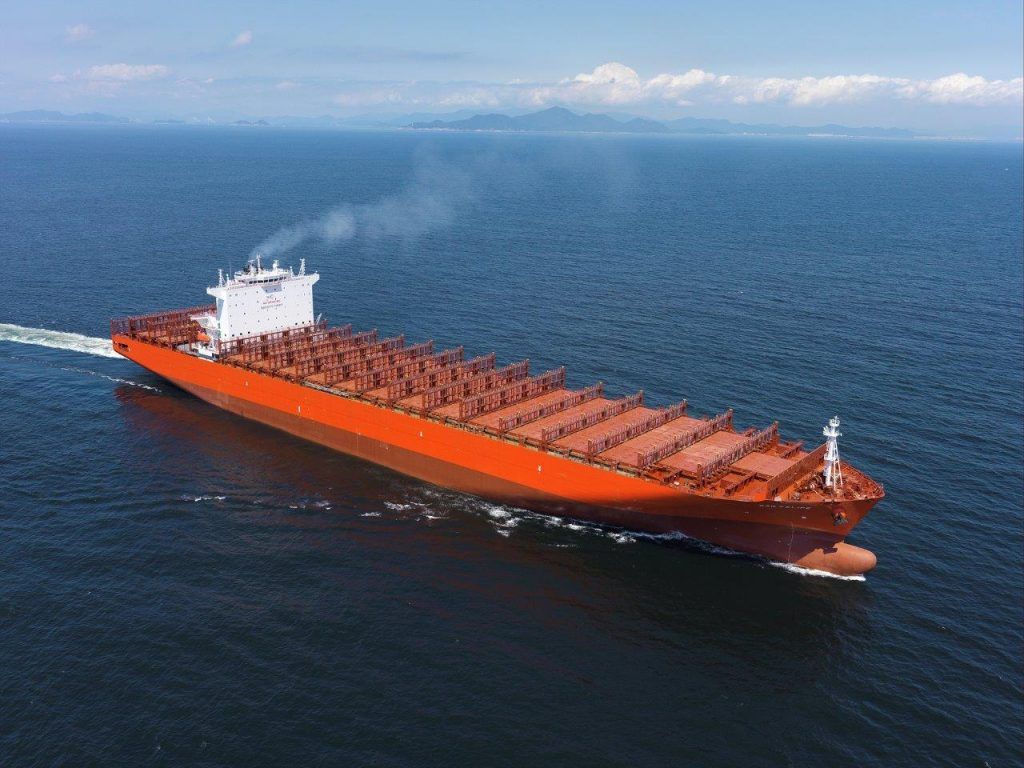The war in Ukraine has disrupted supplies and renewed interest in local and regional fleets, noted the United Nations Conference on Trade and Development (UNCTAD).
Due to the war in Ukraine, some customers have suspended cargo bookings, and international shipping lines have adjusted schedules and rerouted shipments, which has increased transport distances, transit times and costs.
In addition, the associated risks have significantly increased the cost of insurance: prior to the outbreak of the war in Ukraine, premiums for entering the wider Black Sea were 0.025% of the ship’s value, but by August 2022 they had risen to 5 percent.
Also UNCTAD refers that the war in Ukraine has added complexity to container shipping logistics.
Cargoes destined for the Russian Federation often require transshipment through northern European ports, increasing congestion and leading to container shortages.
For shipping lines, insurers and other maritime operators, economic and other restrictive measures can be confusing.
Financial, trade, shipping and immigration restrictions change frequently and are not always synchronized between regimes.
For example, in the UK in March 2022, difficulties in verifying the origin and ownership of vessels increased port congestion.
Regional fleets
Economic and other restrictive measures affect Russian-owned or Russian-flagged vessels calling or refueling at ports (European Union and United States); marine insurers providing coverage for Russian cargoes (European Union); and nationals brokering, chartering or selling vessels to persons connected with the Russian Federation (United Kingdom).
In addition, the United States has imposed export controls on technologies and equipment used in shipping, as well as on the Russian Maritime Register and the United Shipbuilding Corporation.
Concerned about the economic and other restrictive measures, many shipping lines have halted bookings to and from Russia, as have other companies in the maritime supply chain, including manufacturers of engines and other marine equipment, maintenance companies, classification societies and insurers.
Freight rates
According to UNCTAD, the war in Ukraine has also affected crew recruitment.
Seafarers from Ukraine and the Russian Federation account for about 15% of the global maritime workforce.
The closure of Ukrainian ports has made crew changes in the region difficult.
Many seafarers who have been unable to return home have been forced to extend their tours of duty.
Also, payments to crews have been hampered by economic and other restrictive measures imposed on banks.
Disruptions and high freight rates resulting from the war in Ukraine, the Covid-19 pandemic and port congestion have prompted official responses.
![]()

